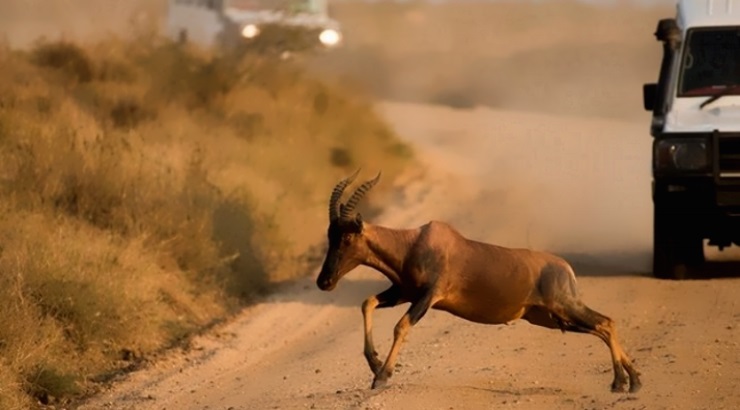Infrastructure
Arusha-Musoma highway project gets underway
China Wu Yi is expected to complete the 49km road in 24 months.

Construction of the highly controversial Arusha-Musoma highway has kicked off in Tanzania, setting the stage for another round of dissent from global conservationists opposed to the project that will cut through the Serengeti National Park.
According to Jonny De Kalupale, the Regional Manager for Tanzania Road Networks Agency (TANROADS), work has commenced on the Mto-wa-Mbu -Sale segment on the Arusha side – the first phase of a road that will connect Arusha to Musoma near Lake Victoria via Loliondo and Serengeti.
Kalupale told journalists that China Wu Yi Limited is expected to complete the 49-km road in the next 24 months at a cost of Sh4 billion (TSh87 billion). The entire project, covering 214 kilometres, is scheduled for completion in 2020.
“All the workers’ camps and operating bases have been set up, and at the moment [China Wu Yi] is waiting for machinery and other construction facilities to be cleared at the Dar es Salaam Port,” he said.
In 2010, the Tanzanian government pledged to build the road at tarmac level from Mto-wa-Mbu to Loliondo and leave 53 km of the road unpaved inside Serengeti National Park from Cranes Gate to Tabora B on the western side of the park.
The plan, however, triggered a series of criticisms from environmentalists across the world – with some development partners urging Tanzania to shelve the plan and improve road networks on the southern part of Serengeti National Park.
The Africa Network for Animal Welfare, a Kenyan NGO, later filed a case at the Arusha-based East African Court of Justice (EACJ) seeking to stop the project on the basis that the road would be detrimental to wildlife and ecosystem as a whole.
In 2014, the EACJ blocked the plan to build the road via Serengeti due to environmental concerns, among them disturbance of the annual wildebeest migration.
The revival of the plans is expected to antagonise conservationists who have consistently opposed the project on the grounds that it would bisect the route of the migration while triggering human-animal conflict in the form of accidents and poaching.












